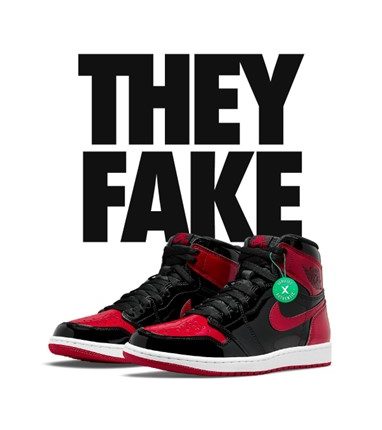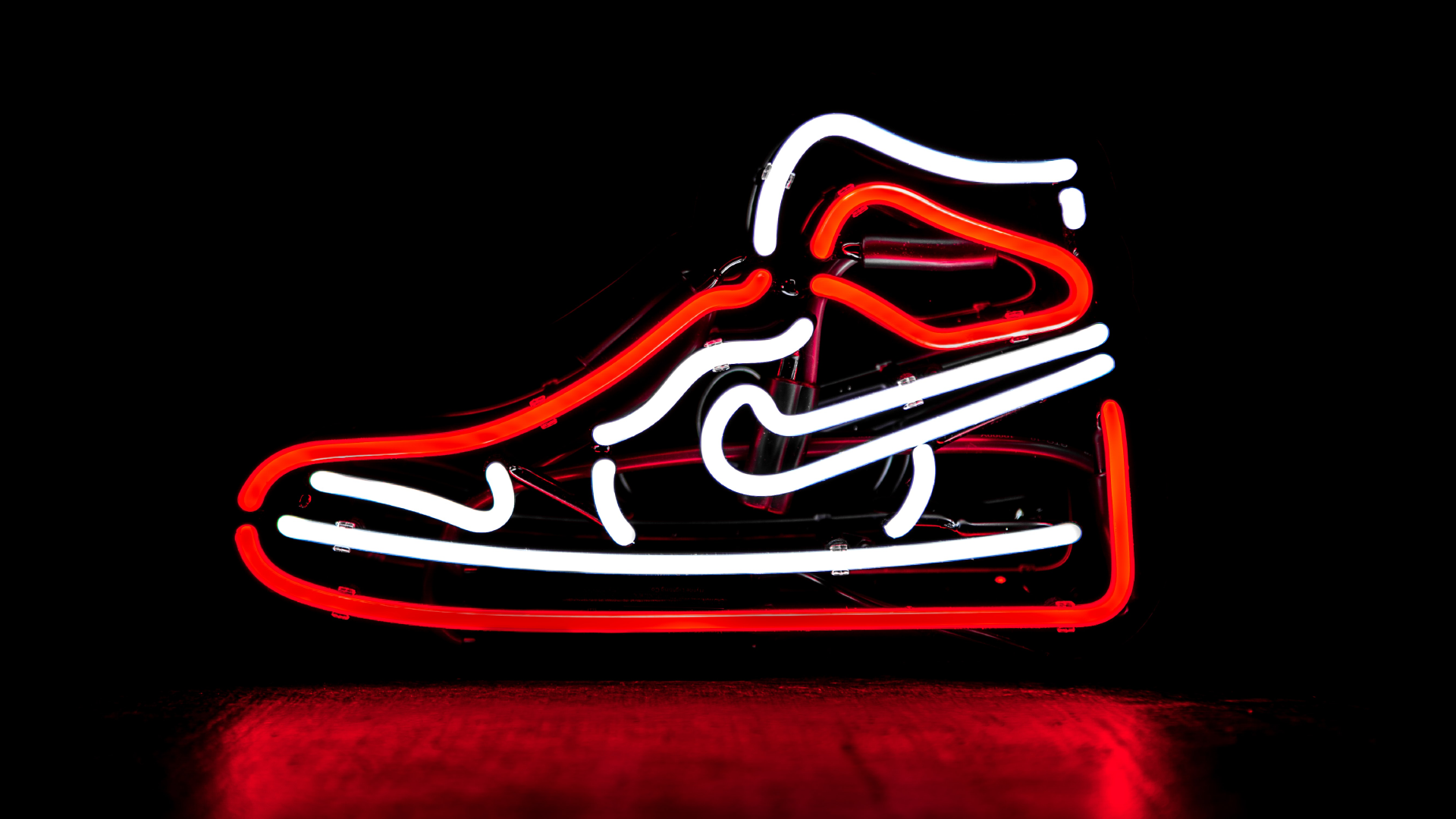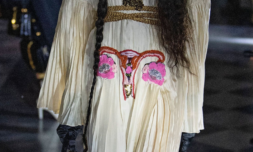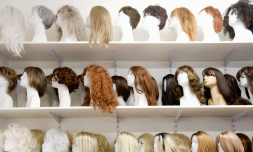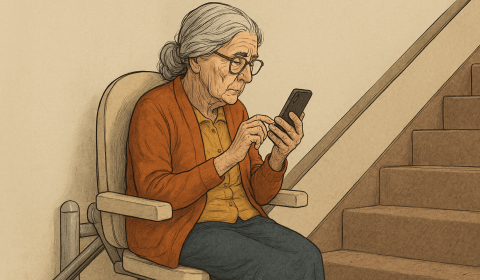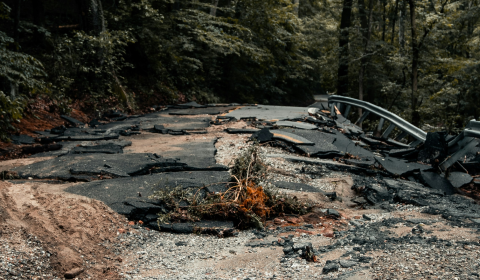StockX has completely refuted the claims, calling them ‘baseless’ and saying the process all of its resold products go through is both comprehensive and ‘100 percent authentic’.
The reseller platform also pointed out Nike’s brand protection team ‘has communicated confidence in the authentication program,’ with senior level employees from Nike using StockX to buy and sell products.
The case comes at a bad time business-wise for StockX, which has been stewing on its plan to go public after being valued at $3.8 billion. Needless to say, the reseller industry is highly lucrative, despite requiring a considerable level of trust between platforms, sellers, and customers.
For now, it looks like a lot of he-said-she-said in regards to the sale of fake items.
However, it’s worth pointing out that reports of StockX customers receiving items labelled as ‘brand new’ but which were obviously worn, damaged, or suspected of being fake have popped up in large numbers across the internet.
In fact, an Instagram account called StockXBusta has been keeping track of and exposing these instances since 2019. Several posts even display sellers having their items fail to pass authenticity inspection on the first check, then being passed on the second attempt later on.
While things continue to hang in the balance, this case has pointed to the wider practice of buying and selling counterfeit items, which is nothing new and has happened around the world for decades.
Given that the lawsuit initially started out with a claim over NFTs which used Nike logos – a completely new kind of ‘copyright infringements’ that brands will have to deal with – then expanded to the sale of fake sneakers, it’s a wonder if luxury brands will ever be able to put a cap on the production and sale of counterfeit copies of their goods.
Looking at the unsuccessful efforts from LVMH for example, which employees around 60 lawyers and spends $17m each year on anti-counterfeit legal efforts – it appears that this market will continue to be a difficult one to stifle.
At the very least though, the case should highlight the responsibility online resale platforms hold in regards to ensuring their customers are purchasing authentic goods. Especially acknowledging that buyers have forked out considerable sums (and in this economy?!) for a luxury item.
Looking at the wider picture, this type of scandal could be one that sees hypebeast-favoured companies limit the amount of purchases a single customer can make, which could completely squash reseller culture forever.
And I can’t help but ask on behalf of sneakerheads everywhere: would that be such a bad thing?
